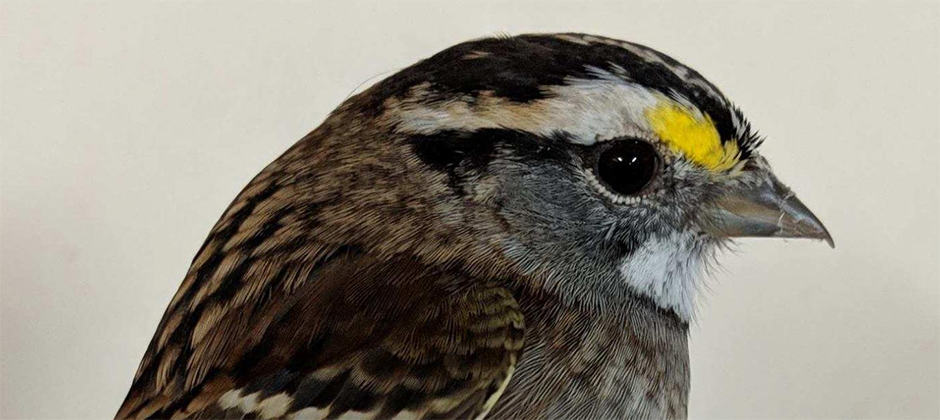Share this article
Sleep-deprived songbirds make ‘marathon’ journeys
Could the ways that songbirds prepare for their migrations apply to humans, too? Biologists at Penn State think so. “Imagine if you became morbidly obese before running a marathon, you didn’t sleep for a few days before competing — and you performed so well that you win,” said lead researcher Paul Bartell, associate professor of avian biology.
Bartell is a co-author on a recent study in Scientific Reports looking at the why sleep-deprived birds thrive at migration time while sleep deprivation harms them physiologically at other times of the year. His team found changes in gene expression involving metabolism immune function, wound repair and multiple organ systems. These changes benefit the birds at migration time, they found, but Bartell believes they may also have applications for humans.
Header Image:
Penn State biologists looked at why white-throated sparrows (Zonotrichia albicollis) are able to migrate long distances despite sleep deprivation that might harm them physiologically at other times of the year.
©Paul Bartell/Penn State








